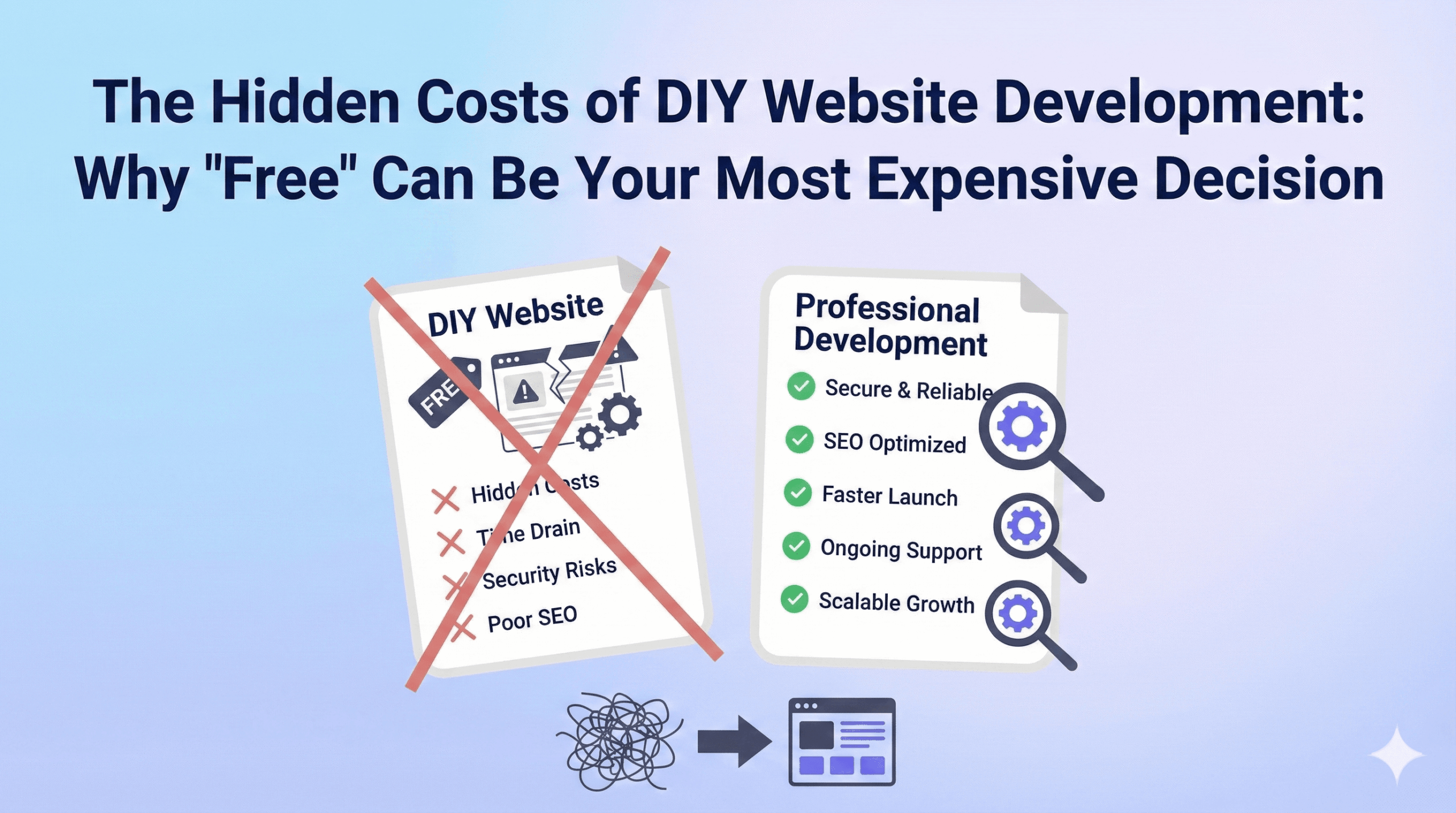Trust and credibility are foundational to business success, and social proof has emerged as a powerful tool for building confidence among potential customers. Social proof, which involves validation from peers through online reviews and testimonials, acts as a virtual word-of-mouth recommendation that significantly influences consumer decisions. For websites aiming to boost their reputation and attract more visitors, leveraging social proof effectively is paramount. However, for businesses, obtaining these reviews can be a challenge. Knowing how and when to ask for reviews, as well as how to handle negative feedback, are crucial aspects of managing online reputation effectively.
Why Should I Care About Social Proof?
Consider how often you rely on reviews to validate a product’s performance, service quality, or reliability before making a purchasing decision. Reviews serve as critical indicators of trustworthiness and customer satisfaction, addressing concerns about product efficacy, timely delivery, ease of returns, and overall service excellence. Therefore, reviews play an important role in:
Building Trust and Credibility
At its core, social proof serves as a powerful mechanism for building trust. In an increasingly digital marketplace where face-to-face interactions are limited, potential customers often rely on the experiences and opinions of others to gauge the reliability of a product or service. Positive reviews, testimonials, and endorsements from satisfied customers act as compelling evidence of a business’s credibility. Conversely, a lack of social proof—or worse, negative feedback—can sow doubt and drive potential customers away.
Influencing Consumer Behaviour
The influence of social proof on consumer behaviour cannot be overstated. Studies consistently show that people are more likely to emulate the actions of others, particularly when faced with uncertainty or indecision. Whether it’s choosing a restaurant based on glowing online reviews, opting for a bestselling product endorsed by influencers, or selecting a service provider recommended by peers, social proof exerts a significant sway over the choices we make as consumers.
Driving Conversions and Sales
For businesses, leveraging social proof effectively can translate directly into increased conversions and sales. A website peppered with positive reviews and testimonials acts as a virtual sales pitch, reassuring hesitant visitors and nudging them closer to making a purchase. The presence of social proof not only reduces perceived risk but also reinforces the value proposition of a product or service, making it more compelling in the eyes of potential customers.
Strengthening Brand Reputation
Beyond individual transactions, social proof contributes to the long-term success and reputation of a brand. A consistent stream of positive feedback builds a narrative of reliability and customer satisfaction, enhancing brand equity and differentiation in a crowded marketplace. Brands that actively cultivate and showcase social proof demonstrate their commitment to transparency and customer-centricity, fostering stronger relationships with their audience and setting themselves apart from competitors.
Best Practices for Displaying Testimonials and Reviews
- Use Real Names and Photos: Whenever possible, include the customer’s full name, photo, and even their job title or location to add authenticity.
- Include Specific Details: Highlight specific outcomes or benefits that customers have experienced from using your product or service.
- Video Testimonials: Incorporate video testimonials for added impact, as they can convey emotion and authenticity more effectively than text alone.
- Rotate Testimonials: Regularly update or rotate testimonials to showcase a variety of customer experiences and keep content fresh.
- Link to External Reviews: If you have great reviews on third-party platforms like Google Reviews or Reviews.io, consider linking to these external sources to further build trust.
Integrating Client Testimonials and Online Reviews
There are several effective options for integrating client testimonials and reviews into your website such as:
1. Review Platforms Integration:
- Google Reviews: Use Google’s API to display real-time reviews directly on your website. This integration can showcase your business’s Google rating and individual reviews.
- Product Review: Product Review offers several integration options allowing businesses to display reviews and ratings on their websites. It also provides customisable automatic review invitations to encourage customer feedback.
- Facebook Reviews: Facebook provides tools for developers to integrate Facebook page reviews onto external websites.
2. Review Widgets and Plugins:
- WordPress Plugins: Platforms like WordPress offer numerous plugins (e.g., WP Customer Reviews, Testimonial Rotator) that allow easy integration of testimonials and reviews into your website.
- Shopify Apps: For e-commerce websites using Shopify, apps like Yotpo or Judge.me offer robust review management and display functionalities.
- Squarespace and Wix: Website builders like Squarespace and Wix also provide built-in features or plugins for integrating customer reviews seamlessly.
3. Custom API Integrations:
- For custom-built websites, the use of APIs provided by review platforms can fetch and display reviews dynamically. This approach allows for tailored designs and functionalities.
4. Third-Party Review Management Tools:
- Trustpilot: Trustpilot offers integration options that allow businesses to display reviews and ratings directly on their website.
5. Social Media Feeds:
- Utilise social media APIs (e.g., Facebook, Twitter, Instagram) to embed posts and reviews from your social media profiles onto your website. This can add social proof and engagement.
Strategies for Soliciting Client Reviews
1. Timing is Key:
- Post-Purchase Follow-Up: Send a personalised thank-you email shortly after a customer’s purchase or service delivery. Express gratitude and politely request feedback on their experience.
- In-App or On-Site Prompts: For digital services or e-commerce platforms, consider integrating prompts within your app or website. These prompts can gently encourage users to leave a review immediately after completing a transaction or interacting with your service.
2. Make it Easy:
- Provide Direct Links: Include direct links to your preferred review platforms in your follow-up communications. The easier it is for customers to leave a review, the more likely they are to do so.
- Simple Instructions: Clearly outline the steps required to leave a review, especially if customers are not familiar with the review platform.
3. Incentivise Reviews (with Caution):
- Offer Small Incentives: Consider offering a discount on their next purchase or a small gift as a token of appreciation for leaving a review. However, be mindful of review platform policies regarding incentivised reviews.
4. Personalisation and Respect:
- Personalise Requests: Address customers by name and reference specific details of their purchase or service experience. Personalised requests show genuine interest and increase the likelihood of a positive response.
- Respect Their Feedback: Whether positive or negative, always acknowledge and respond to customer reviews promptly. Thank customers for their feedback and demonstrate a commitment to improving their experience.
By implementing these strategic approaches across prominent review platforms such as Google Reviews, Trustpilot, and TripAdvisor combined with client success stories or videos featured directly on your website, your business can fortify its online reputation and attract new customers. Positive reviews not only validate your business but also serve as valuable marketing assets. Embrace both praise and critique as opportunities to cultivate stronger customer relationships and refine your offerings continually.
Ready to maximise your website’s potential?
Let's discuss how social proof can drive results for your website. Connect with Greenhat's team today to schedule your free site analysis and strategy session.







